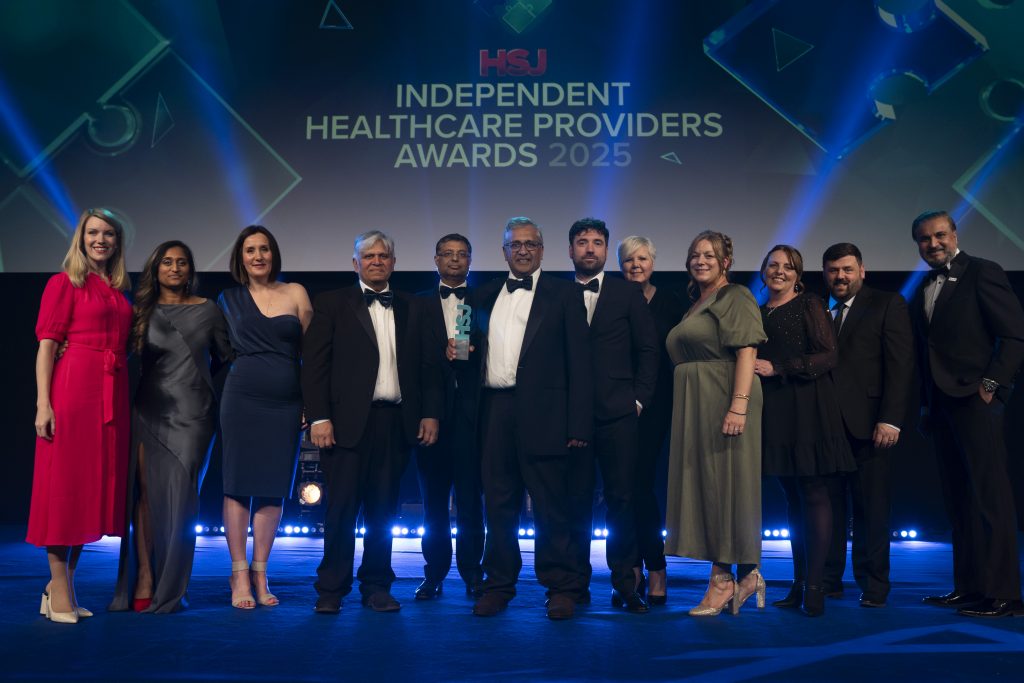Consultant-Led Models
Delivered by NHS-substantive staff, ensuring clinical oversight, continuity, and quality.
Our scalable dermatology service models support NHS elective recovery plans by reducing RTT breaches, tackling backlog pressures, and improving patient flow. We deliver end-to-end pathways, from triage to treatment, under the clinical leadership of NHS-substantive consultant dermatologists.

RTT compliance within 18 weeks

Weeks median waiting time to first appointment

in delivering RTT Compliance

Patients treated per annum

First appointment discharge rate

Secondary care referral rate

Delivered by NHS-substantive staff, ensuring clinical oversight, continuity, and quality.
Compliant with national and local NHS standards.
Efficient, transparent delivery that supports commissioner budgets.
Tailored to meet system priorities and patient pathways.
All cases, including complex ones, are managed based on clinical need.
Responsive scheduling and extended access.
Including NHS-experienced consultants, nurses, and operational staff.
Ready for full digital integration, including e-RS, shared systems and scalable infrastructure.
Our consultant-led dermatology service offers a fully managed, NHS-aligned pathway that accepts all cases (routine and complex) delivered in person or remotely, with seamless NHS system integration and a patient-focused approach.

Referral processing, IPT handling, triage, booking, PTL management, PIFU, data and attendance validation, admin support, and patient experience.

Dermatology and paediatric clinics, one-stop and FDS pathways, complex dermatosis care, post-op follow-up, isotretinoin, A&G, teledermatology, lesion photo, and remote assessments.

Skin cancer checks with dermoscopy and skin biopsies.

Cryotherapy, minor ops, day case procedures, curettage and cautery, excision biopsies, flap and graft surgery, complex skin surgery, intralesional steroid injections, and management of complex dermatology cases.
Our technology is built to drive efficiency, improve patient outcomes, and support elective recovery. Each tool is fully
integrated into our service model and overseen through robust governance, with consultant leadership at every step.
eDerma is a consultant-led triage platform integrated with e-RS, EMIS, and SystmOne. Referrals are reviewed using structured templates to enable clinical triage, Advice and Guidance, and appropriate care allocation within a secure, auditable NHS workflow. The platform streamlines decision-making and improves referral flow across pathways.
LPC is a rapid-access pathway for patients with one or two suspicious lesions. Images are captured by trained practitioners and remotely reviewed by consultant dermatologists, enabling timely diagnosis without the need for a full clinic appointment.

Recognised for elective recovery and impact on health inequalities, our dermatology service sets the national standard for safe, scalable, and patient-focused care.




At DMC, we believe in empowering our patients to take charge of their dermatological health. We’ve created a dedicated Patient Resources page where you can find essential self-care tips, educational materials, and support resources tailored to your needs.
Explore valuable information to help you manage your skin health effectively.
Clinical effectiveness means ensuring that all aspects of service delivery are designed to provide the best outcomes for patients. This is achieved by ensuring that the right care is delivered to the right person at the right time they are in need and in the correct setting.
A patient’s information should always be up to date and correct on any systems used. It should also be confidential through correct storage and management of data.
Risk Management involves having robust systems in place to understand, monitor and minimise the risks to patients and staff and to learn from mistakes. When things go wrong in the delivery of care, our staff teams should feel safe admitting it and be able to learn and share what they have learnt, which embeds change in practice.
Communication with patients and the public is essential to gain insight on the quality of care we deliver, and any possible problems that can result. Public involvement is equally as important to ensure that patient and public feedback is used to improve services into day-to-day practice for better patient outcomes.
This encompasses the provision of appropriate support to enable staff to be competent in doing their jobs and to develop their skills so that they are up to date. Professional development needs to continue through lifelong learning.
This ensures the organisation recruits highly skilled staff and aligns them with the correct job roles. Staff are supported in professional development and to gain and improve their skills.
The aim of the audit process is to ensure that clinical practice is continuously monitored and that deficiencies in relation to set standards of care are remedied. Research goes alongside audits to pioneer best practice improvements.